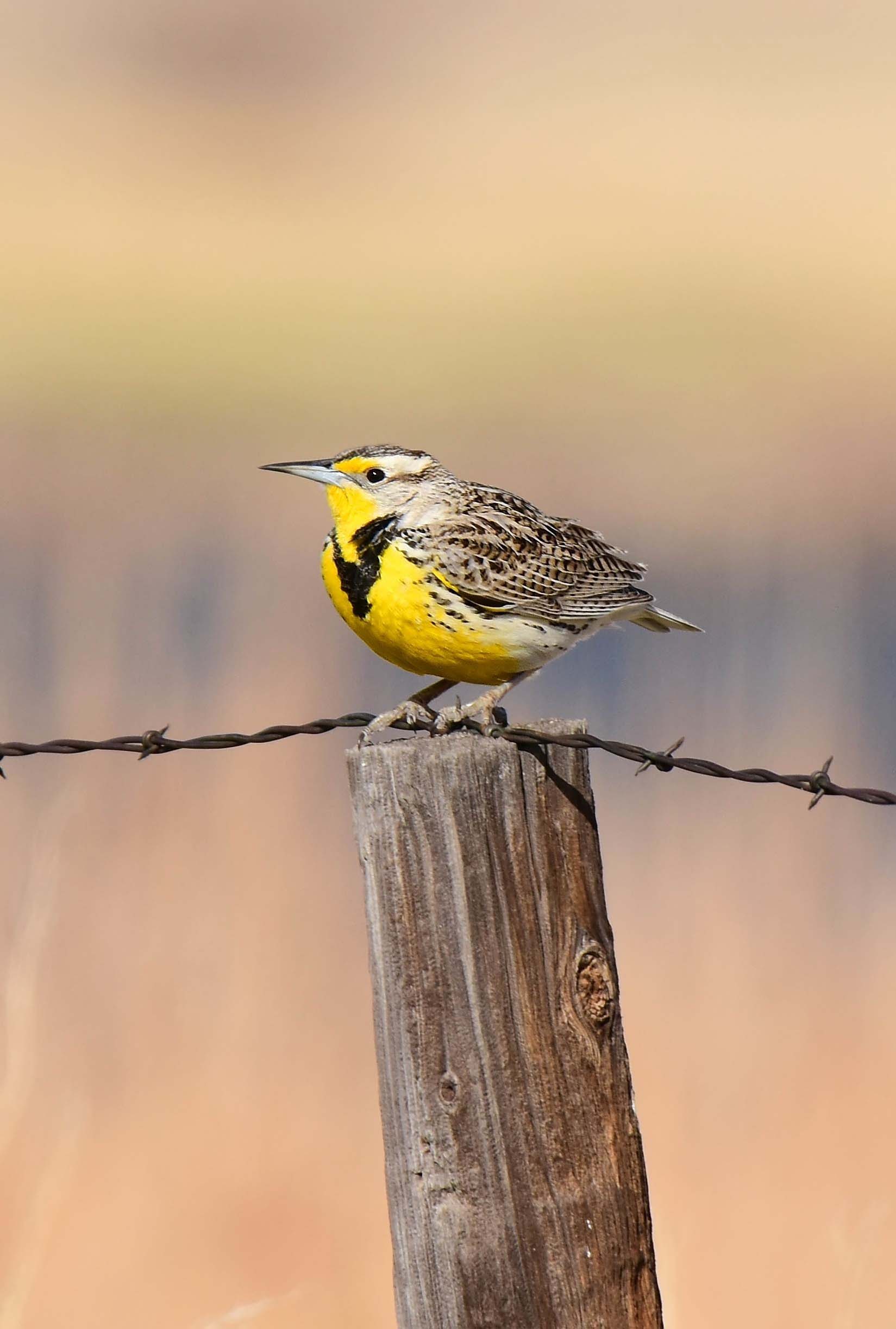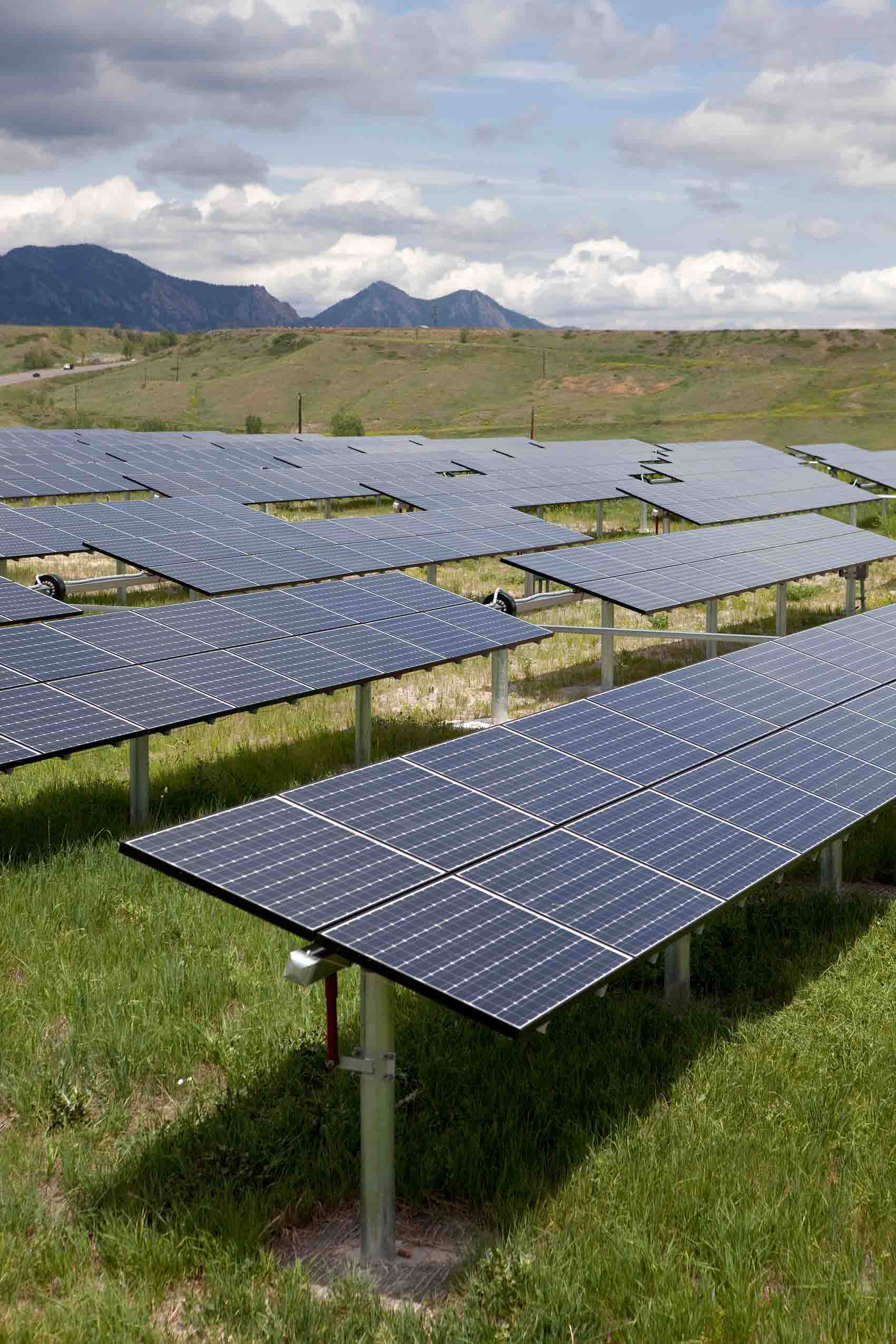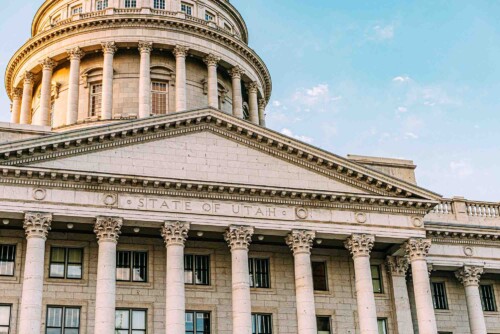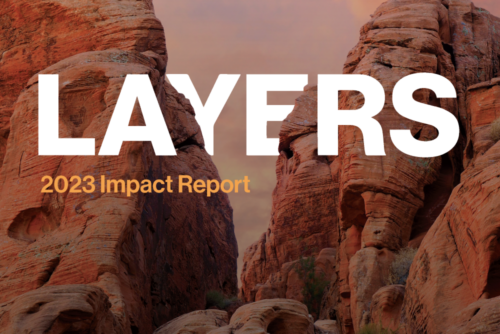Annual Report 2023
WRA doesn’t shy away from a challenge. In fact, we often face it head on, leading the way.
In 2023, we embarked on an ambitious journey to address the challenges of clean energy siting in Colorado and across the West. This effort was more than a technical exercise; it was a deeply collaborative effort that sought to harmonize the urgent need for increased renewable energy generation with the equally pressing need to protect our natural landscapes and communities.
Energy siting – the process of selecting locations for renewable energy projects like wind and solar – poses a unique set of challenges. These projects are critical for reducing greenhouse gas emissions and combating climate change. However, if not carefully planned, they can disrupt local ecosystems, displace wildlife, and face resistance from the very communities they aim to benefit.
But before even starting the work, we faced our first challenge: starting the conversation. WRA recognized that getting people to understand why siting is an issue would require a layered approach, one that starts with extensive stakeholder engagement.
This isn’t something we can leave until it becomes a problem. Because if it becomes a problem, it's too late to solve it. We must do these things fast, and we must do these things at a scale that's probably going to make people uncomfortable. Understanding diverse perspectives from the beginning really helped shape the ideas of policy that we would work toward.

This emphasis on stakeholder engagement goes beyond gathering opinions – it helps build trust and helps identify common ground. Throughout the year, WRA and our partners organized numerous meetings that brought together environmentalists, industry leaders, and local government officials. The meetings were facilitated by former Colorado Governor Bill Ritter and the Center for the New Energy Economy. We engaged eight stakeholder groups – roughly 100 people – over the course of a three-meeting series. After an initial meeting to gain perspective, we hosted a second meeting to discuss policy ideas. These gatherings provided a platform for open dialogue, where every voice could be heard and considered.
One of the most significant milestones of this effort – and the final layer of the meeting series – was a summit held in Colorado in early November.
Getting to the point where the summit was widely viewed as a successful opportunity for people to come together and share perspectives was probably the most meaningful. It was such a different approach to policymaking. We're not going to be able to meet climate change goals if we can't get renewable energy projects built and on the ground, and we're not going to be able to get projects on the ground if we don't get communities on board in a way that minimizes conflict.
The summit underscored the importance of integrating environmental goals with community needs. For Colorado and the broader Western region, this balanced approach is vital. The state’s diverse landscapes, from its sprawling plains to its rugged mountains, are home to a rich array of wildlife and natural resources. At the same time, Colorado’s communities are increasingly aware of the urgent need to transition to renewable energy to address climate change. The path to achieving this balance requires thoughtful planning and a willingness to adapt and learn from each step.
Our approach in 2023 reflected this adaptability. By engaging a broad spectrum of stakeholders, we were able to define the challenges faced by various entities in promoting renewable energy while being sensitive to the unique environmental and social contexts of Colorado’s varied geography. Incorporating these perspectives into policy will help mitigate potential conflicts and ensure that the benefits of renewable energy projects are widely shared.

The lessons learned in 2023 will continue to guide WRA’s efforts in energy siting beyond our work in Colorado. With our sights set on implementing smart renewable energy siting frameworks across the West, we understand that the most effective solutions arise from collective effort and mutual respect.
“Listening and collaborating is an important part of our work because if you take a narrow approach and only consider a small sliver of perspectives, you’re going to miss the bigger picture,” said DeSoto.
“If you don’t take into account those different perspectives, you’re ultimately going to put forth a policy solution that only works for a small segment of stakeholders and doesn’t consider the broader impact of this work.”
By bridging diverse perspectives and fostering collaboration, we know that it is possible to advance renewable energy while preserving the natural beauty and integrity of our landscapes. Each layer of our work – each meeting, discussion, and policy proposal – builds upon the last, creating a cumulative impact that resonates through communities and ecosystems alike.








